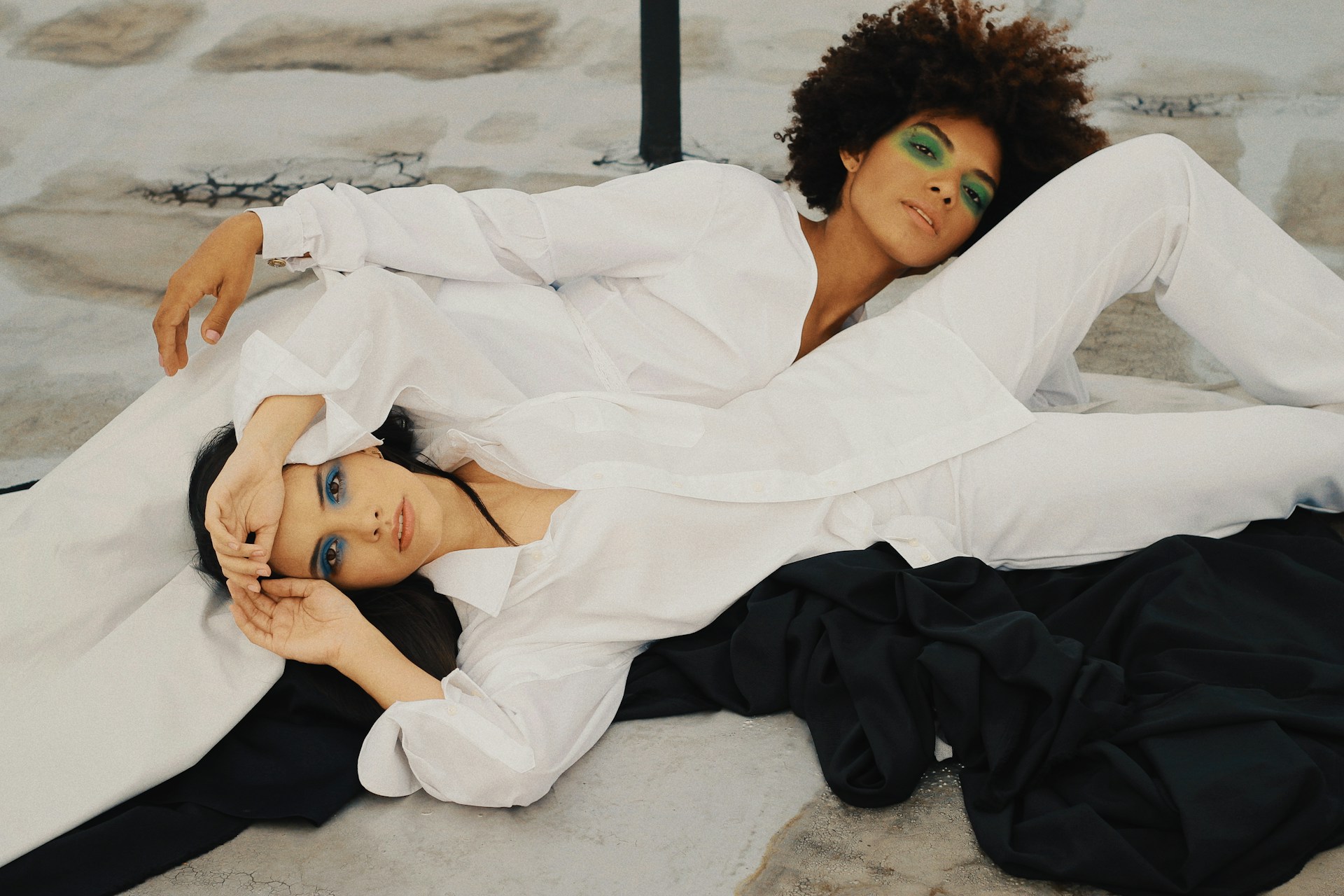Since haute couture brands such as Gucci and Balenciaga began experimenting with the “bootleg” aesthetic, it has found its way into luxury clothing. And, despite those critics who think “bootleg” is a passing fashion, the trend is here to stay.
While the conventional understanding of bootleg is something counterfeit, the current fashion transcends mere imitation. Fashion bootleg involves an artistic reinterpretation of iconic symbols and meanings, essentially breathing a second life into them.
It’s been a few years since the trend emerged as a strategy for luxury brands seeking to connect with their audiences. Here are just a few ways how bootleg helps fashion designers to reach their goals:
Spice it up for loyal customers: The cult French brand Vetements pioneered this strategy. In October 2016, the company organized the garage sale of an “Official Fake” collection outside Seoul, consisting of unconventional interpretations of iconic pieces. For example, their signature hoodie was colored red, and their ubiquitous patch jeans were turned inside-out. Most items were sold out within an hour, with some customers camping overnight to participate in the garage sale.
Attract new, more diverse audiences: Dapper Dan, also known as the “Harlem couturier,” popularized Black fashion luxury by blending high-end designer logos with street-style aesthetics. His boutique in Harlem became a cultural hub and a go-to place for hip-hop artists, athletes, and celebrities. Dapper Dan’s clientele included iconic figures like LL Cool J, Salt-N-Pepa, and Mike Tyson. His designs, featured in music videos and album covers, became synonymous with the emerging hip-hop culture of the 1980s. In 2017, Gucci collaborated with Dapper Dan, opening a joint atelier in Harlem, allowing him to create exclusive designs using authentic materials from the brand.
Experiment with your brand’s visual language: Imagine Nike’s sneakers inspired by Starbucks, or a luxury label “Guccy” instead of Gucci showcasing a witty play on branding. Virgil Abloh, one of the most influential figures in the fashion industry, helped to pioneer the concept. His designs often incorporated elements that resemble bootleg aesthetics. Known for his use of quotation marks, zip ties, and industrial motifs, Abloh’s distinct visual language has become synonymous with his Off-White label. Abloh’s approach resonates with a younger, more diverse audience and has contributed to the democratization of fashion.
Engage younger emerging designers: Younger fashion artists seek freedom of creative expression, and the rise of millennial bootleg artists is a product of this search. Designer Ava Nirui, for example, has built a career out of merging Gucci logos with Champion hoodies and mixing Carhartt with the Chanel name. Imran Moosvi is incorporating Louis Vuitton and Gucci monograms into Nike zip-up hoodies.
Win in the attention economy: We live in an era when attention is a scarcity, not material things or money. Bootleg has the natural ability to grasp the attention of consumers, making them stop, laugh, and reflect. In the ‘attention economy’, where winning over distracted consumers is the paramount challenge for brands, bootleg fashion has emerged as a powerful promotional strategy.
Deliver the message bigger than your brand: A bootlegged “Chanel” bag with a fast-food chain logo or a shirt featuring a play on a famous luxury slogan can be both comical and thought-provoking, serving as a biting commentary on modern-day consumerism. A hoodie that replicates the style of a popular brand but replaces the logo with a social or political message can prompt reflection on the power of fashion. In this way, bootleg fashion not only entertains but also reflects the evolving role of brands in our culture.
For GenZs and diverse audiences, luxury is not about high prices anymore. It’s about scarcity and provocation. In an era when high and low, haute couture and street level, are no longer easily distinguished, the messaging behind luxury has to be reinvented. For many culture critics and fashionistas, ”bootleg” could just be the answer for the rest of this decade.







